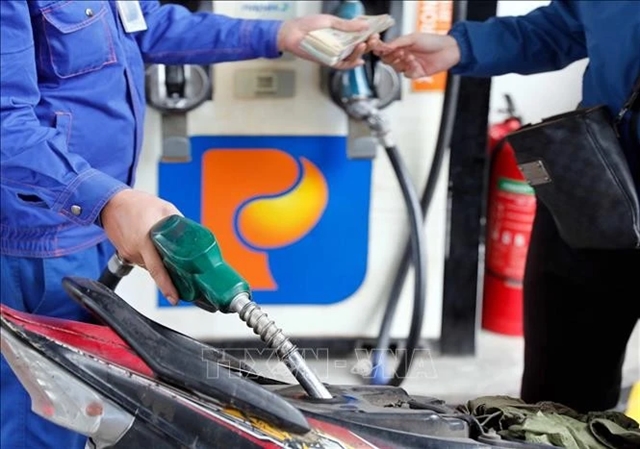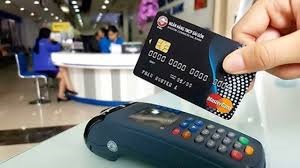 Economy
Economy

The State Bank of Việt Nam (SBV) will enhance the supervision on the country’s key payment systems, according to a newly-issued regulation of the SBV.
 |
| The central bank will enhance supervision on the country’s key payment systems. — VNA/VNS Photo |
HÀ NỘI — The State Bank of Việt Nam (SBV) will enhance the supervision on the country’s key payment systems, according to a newly-issued regulation of the SBV.
Under a circular which will take effect from January 1, 2019, the systems include the nation’s inter-bank electronic payment system, the foreign currency payment system (operated by the Joint Stock Commercial Bank for Foreign Trade of Việt Nam), the payment system for securities trading and the finance switching system.
According to the circular, the close control is aimed to ensure the safety, stability and efficiency of the systems. It is also designed to ensure payment compliance with the country’s laws.
The SBV also expects the tightened supervision will help minimise risks for payment service firms, as well as protect the rights and interests of customers using the services.
The move was made after local media reports of some Chinese-owned shops in Việt Nam using unauthorised Chinese payment machines to accept Chinese cards and QR-code payment from Chinese tourists in Việt Nam, raising concerns about unauthorised foreign currency payments and tax losses.
The People’s Committee of Khánh Hòa Province sent an urgent letter to the Government Office last month, asking for solutions to manage e-payments, saying there were signs of law infringement when Chinese tourists paid with Chinese yuan, or used certain POS and QR codes via smartphones.
It was difficult to control these payment methods as there are no invoices when tourists use QR codes, the letter said, adding that identifying which POS devices are illegal is difficult.
Khánh Hòa authorities proposed technological solutions should be identified and regulations issued to control these payment methods. — VNS